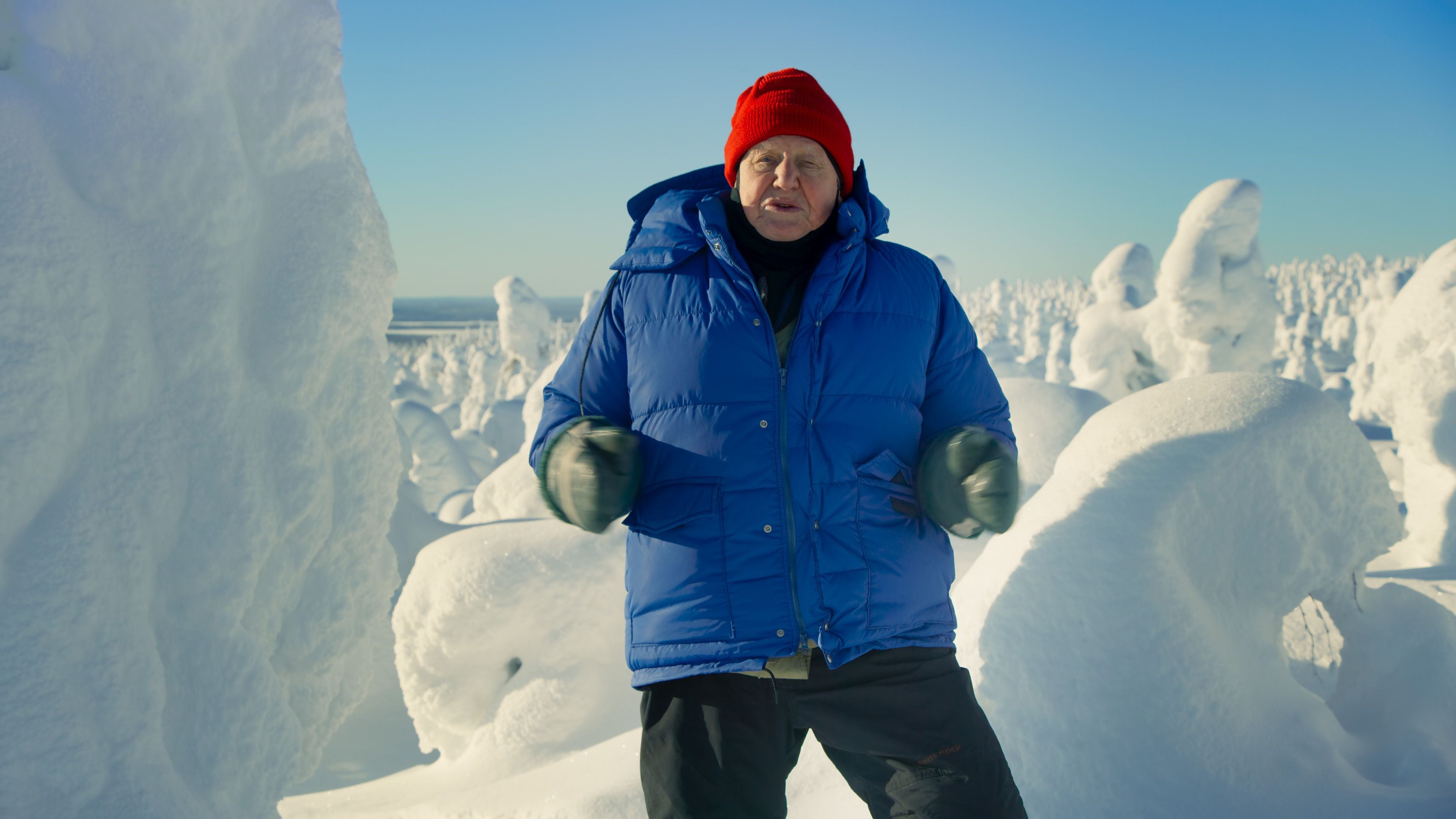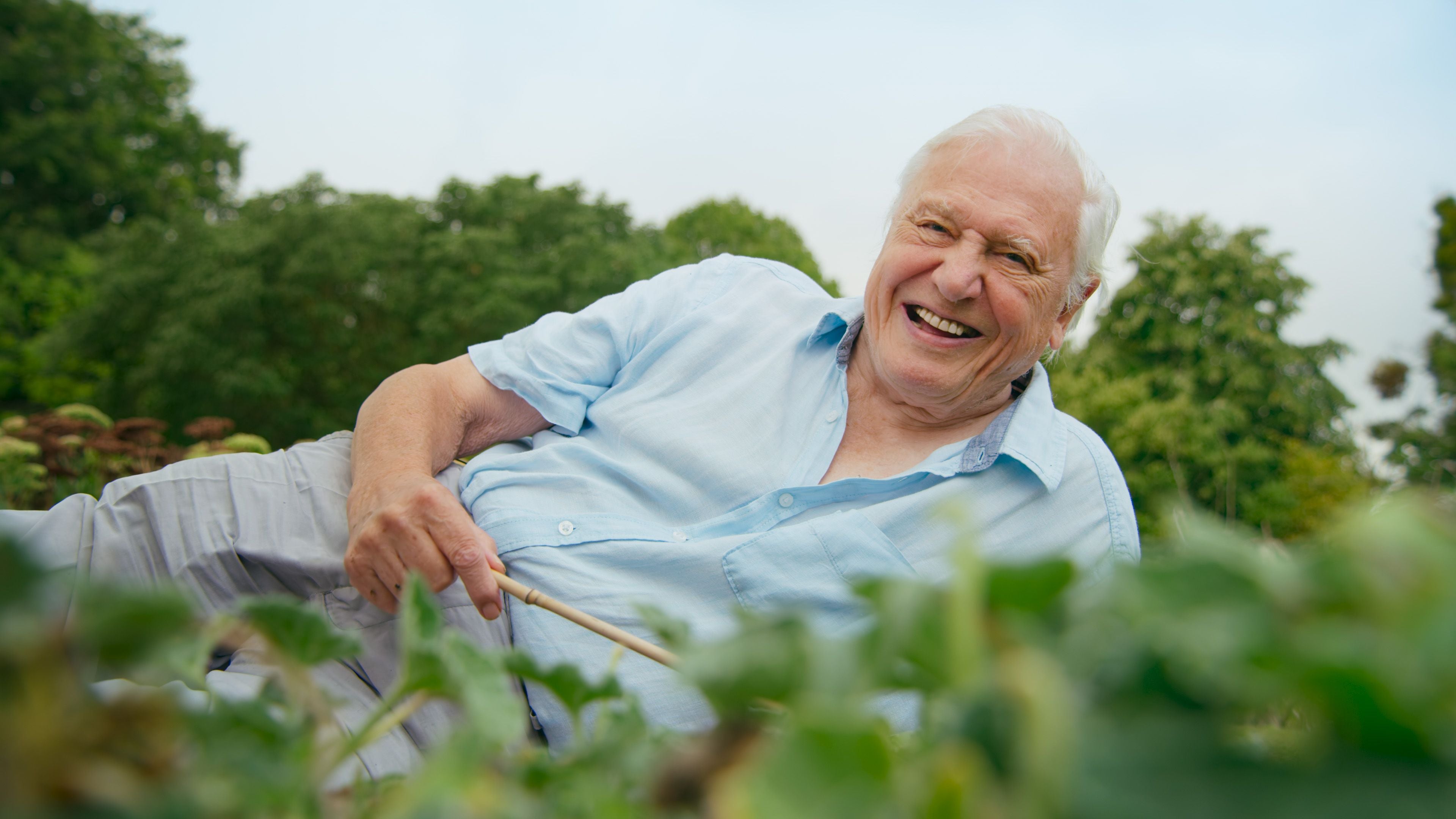The Green Planet: The BBC’s own fight for survival looms large
Analysis: The government’s opportunism is reminiscent of the insatiable climbing parasites the programme reveals so well
Your support helps us to tell the story
From reproductive rights to climate change to Big Tech, The Independent is on the ground when the story is developing. Whether it's investigating the financials of Elon Musk's pro-Trump PAC or producing our latest documentary, 'The A Word', which shines a light on the American women fighting for reproductive rights, we know how important it is to parse out the facts from the messaging.
At such a critical moment in US history, we need reporters on the ground. Your donation allows us to keep sending journalists to speak to both sides of the story.
The Independent is trusted by Americans across the entire political spectrum. And unlike many other quality news outlets, we choose not to lock Americans out of our reporting and analysis with paywalls. We believe quality journalism should be available to everyone, paid for by those who can afford it.
Your support makes all the difference.Here we go again: soaring strings, rhapsodic bursts of colour, the fireworks of the natural world glittering in mesmerising detail – it’s the latest episode of The Green Planet.
It is another electrifying glimpse of the glory of the world around us, showing how impossible it is to tire of natural beauty, or of understanding it in all its chaotic, interwoven variousness.
The third instalment of this series comes not only as the planet faces ruin at human hands, but also airs as the future of the BBC appears to be in increasing jeopardy.
It is not hard to spot the appropriate metaphors.
Sir David Attenborough is standing knee deep in snow at the edge of the Arctic Circle where he tells us life for the 750 billion trees there is hard enough without the climate crisis erasing the certainty of the seasons.
“To survive these extremes plants not only need to be hardy and resilient, but many of them have developed special strategies in order to meet the demands of this seasonal world,” he says.
As the UK government announces it is to take an axe to BBC funding, Attenborough could be talking not about trees, but the venerable broadcasting institution to which he has devoted his career and which has ducked and dived all previous attempts to sever it from its licence fee model, whichever way the political wind has been blowing.

But even as awe-inspiring programmes such as this bathe the corporation in glowing light, the BBC now finds itself caught in the looping snares of a government hell-bent on distorting all interactions with the world around us into conduits for free-market capitalism.
The opportunism of the government is suddenly reminiscent of a plant onscreen: the dodder – a rootless climbing parasite with an insatiable appetite for entangling and sucking the sap out of plants.
One gets a sense the only thing standing between public service broadcasting and the BBC’s collapse into programming based on profit gathering is Attenborough. When he’s gone, what other force of nature will so effectively fight off the lassoes of politicians while simultaneously uniting audiences into an appreciation of a state broadcaster?
Back onscreen, the 95-year-old is lying on the grass, chuckling as he pokes the turgid seed pod of an ecballium – also known as the squirting cucumber – which promptly lives up to its name, ejaculating seeds and liquid into the air, all captured in smutty slow motion.
Attenborough’s playfulness is infectious. But so is his urgency, which has noticeably ratcheted up a notch for this series.
No episode goes by without a major toxicity warning about human impacts on the world, our mindless consumption obliterating what’s left of the fragmented Eden all around us.

This message is hammered home as Attenborough addresses the camera in front of a towering stand of ancient sequoia trees in California, which can live to be 3,000 years old and reach 100 metres high.
“Even these indestructible giants are showing signs of vulnerability,” he quakes in his inimitable voice, adding that due to longer hotter summers and lack of water, 10 per cent of these have been lost in the last few years.
For all its many faults, the BBC still remains akin to these astonishing trees.
Just as the trees are now known to communicate and nourish one another via chemical and electrical signals sent through vast underground fungal networks to create a thriving ecosystem, so too, through its incredible array of services ,has the BBC pollinated and nourished our society.
It has been able to do so because it is not built solely on profiteering.
Attenborough’s programmes in particular, along with the BBC’s news output, have long been criticised for downplaying the scale and horror of the climate crisis. But this inspirational series pairs natural science with the necessary climate alarm bells, and almost ends up as Attenborough’s eulogy to our damaged world.
If one isn’t moved to revere our world and appreciate the extent of the devastation we are having on it after watching this programme, then it’s game over, and we deserve it.
In one hour I’ve been educated, informed and entertained at the very highest level.

Join our commenting forum
Join thought-provoking conversations, follow other Independent readers and see their replies
Comments